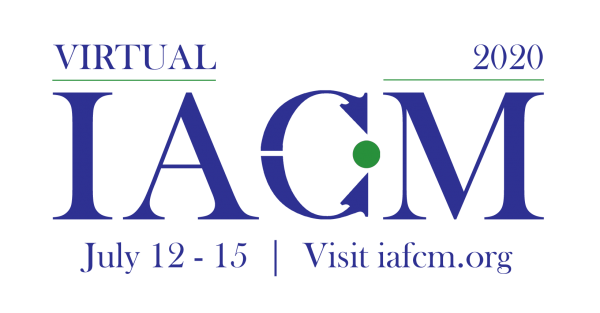Full Program »
Local Racial Diversity Shapes Preferences for Meta-Contact Attitudes Among Whites
We explore the promise and perils of increased local racial diversity for intergroup relations. Using matched survey and local Census data (N = 486,113), we find that Whites express more outgroup bias in racially diverse versus homogenous communities, but that this bias is attenuated when incidental intergroup contact during one’s daily commute and at work is higher. Additionally, we find that tennis (N = 15,023) and golf (N = 10,949) facilities in racially diverse versus homogenous communities maintain more exclusionary barriers (e.g., guest policies, monetary fees, dress codes) that serve to insulate Whites from debiasing forms of incidental intergroup contact. Finally, an experiment with White Americans (N = 269) provides causal evidence that Whites in racially diverse versus homogenous communities more strongly endorse forms of intergroup exclusion due to increased anxiety. Despite increasing racial diversity, our findings highlight how Whites may continue to perpetuate a cycle of intergroup aversion.
